Standout Malaga Shorts: From Emotional Kids Fare and Social Commentary to Sexual Exploitation and Horror-Tinged Tales

The Malaga Film Festival’s MAFIZ-Spanish Screenings Content industry section, in its third edition once again put the spotlight on Spain’s impressive cinematic output, presenting a total of 222 Spanish productions.
They included four market premieres, four titles in the fest’s official selection, 21 that have sold internationally as remakes, 38 in market screenings and 11 works in progress, of which five were presented in the Animation Hub.
More from Variety
In addition, 65 shorts screened as part of the Malaga Short Center — an eclectic selection of works from established and up-and-coming filmmakers that are set to make their mark on Spain’s already muscular film sector.
Here are are six standout shorts that dazzled and sometimes bewildered audiences:
“Long Journey,” (Héctor Herce)
Charming, whacky and inventive, with sporadic uses of animated sequences, “Long Journey” recalls beloved kids shows and zany family entertainment that once graced Saturday morning television. A boy wakes up on his 12th birthday to an urgent message from his mother. He has to set off on a day-long journey with a number of tasks to carry out. Along the way he experiences strange adventures – defeating a kung-fu-fighting baguette seller, then scaling a tall chest of drawers with the help of his mountaineer grandpa’s ice axe – before finally arriving at his destination in what turns out to be a touching and heartfelt climax. EM
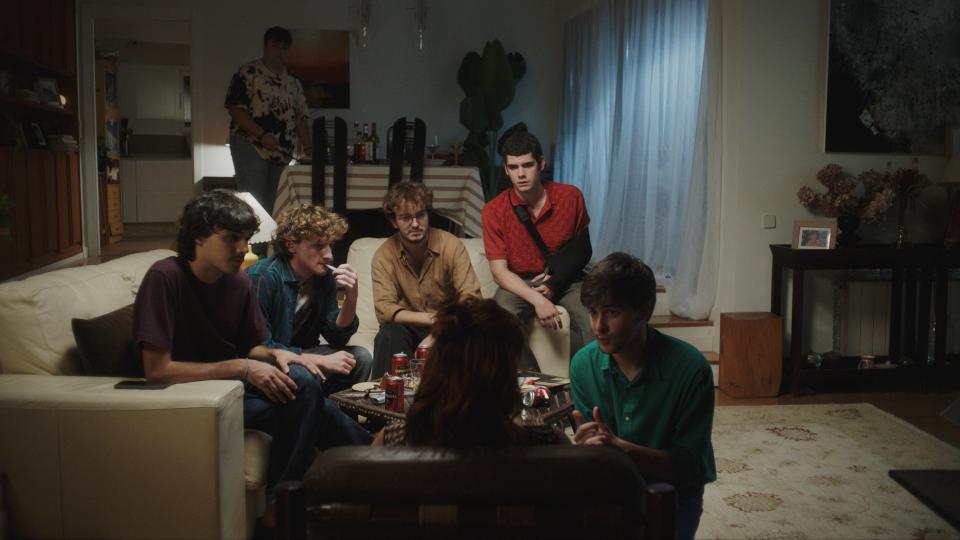
“Los Chicos,” (Jaime Dezcallar)
A disquieting film about a group of fun-loving friends celebrating their pal Jabato’s birthday. For their big surprise gift, they hire a prostitute. Jabato’s brother Gon believes it’s the only way his brother will have the opportunity to have sex. Sara, the escort, arrives, confident and in control. While shy and awkward, Jabato is game. When an apparent accident occurs, Sara is hurt and the situation changes. “Los Chicos” manages to intertwine themes of friendship and youth with an uglier side of possible and unexpected abuse, inequality and exploitation. EM
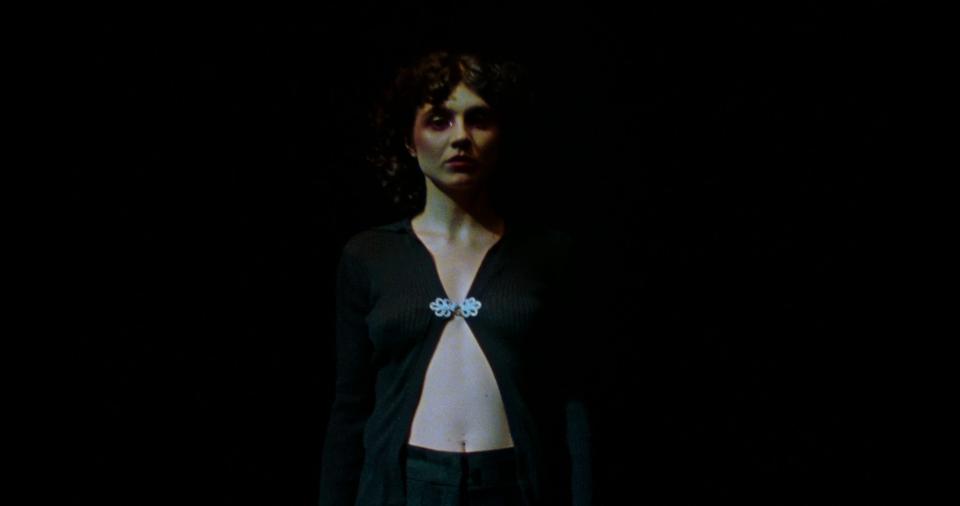
“At Night We Walk Alone,” (Rafa Alberola)
A courier without his bike drifts through the night and meets a woman played by Olivia Declan (“Isla Bonita”). Whether she is an angel, vampire or dream is unclear. The story steps through scenes: We are down a rabbit hole of some kind. We meet a writer with the courier, whether angel, vampire or dreamer remains enjoyably opaque. Playing the writer is the director and scribe Rafa Alberola from Madrid. It’s confident filmmaking with a pulpy, “Twilight Zone”-esque flair. CM
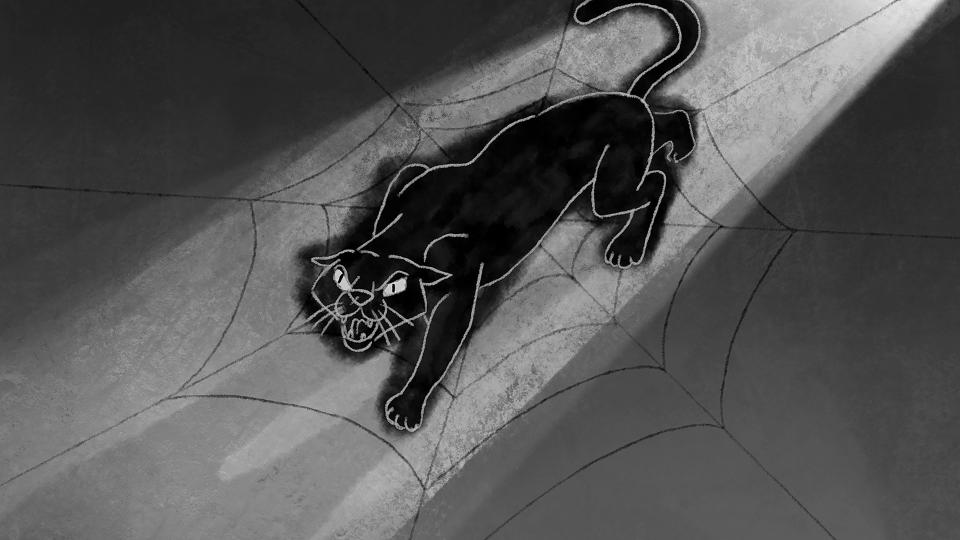
“Felina,” (María Lorenzo)
Goya-nominated Lorenzo (“La noche del océano”) manages high vaudevillian intrigue in a noir short that recounts the tale of a woman, half-panther, attempting to escape the clutches of an evil doctor and the dastardly sideshow act that gainfully exploits her. Craftfully animated textures play out in black and white, and dialogue is replaced with a gentle score in this high-stakes narrative reflecting on the beast within us all. HJ
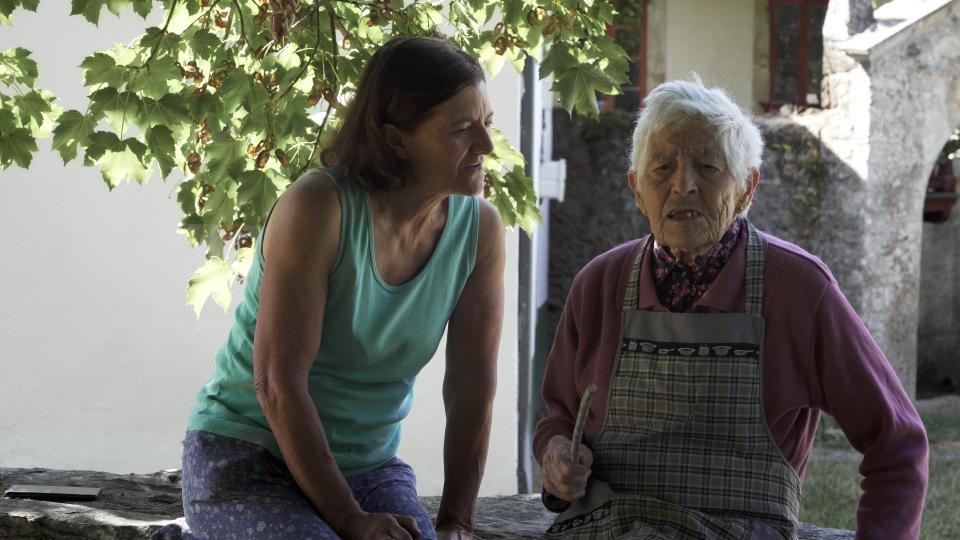
“Pura,” (Carmen Méndez)
In her directorial debut, Méndez explores her trauma by returning home to frank discussions and bursts of tempered joy in the cleansing and deeply personal fashion only documentary filmmaking could lend. Whiling away rural hours, the family discusses the lost battle to stop an encroaching freeway, care for our elders and escape from the ailments and loss of those we hold dear. A portrait of the director through the study of those close to her that tackles grief, obligation, regret and mourning through quotidian moments of high sentiment. HJ
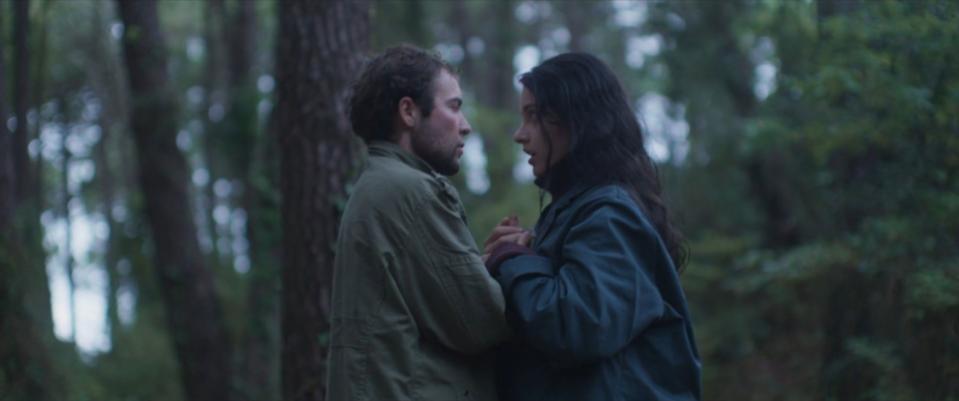
“Map Of The Emotional Geography,” (Julu Marínez, Candela Megido)
“Leo. Don’t get lost.” This line feels like a challenge to the viewer too. Co-directed by Julu Martínez and Candela Megido, this short takes the incoherence of Leo’s existence and creates a plot around his unique state of being. He has no linear construction of his reality. The film plays with his fascination with texture, sound and folklore. A fisherman by trade, his perception of his girlfriend melds with that of the story of the Nereid, the women of the sea who are kindly to fallen sailors. Incoherence as a plot is ambitious but here in short form, ambiguity is a friend. CM
Best of Variety
Sign up for Variety’s Newsletter. For the latest news, follow us on Facebook, Twitter, and Instagram.

 Yahoo News
Yahoo News 
